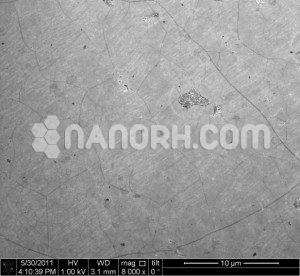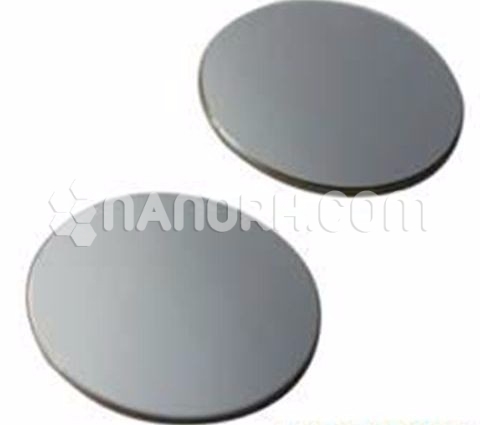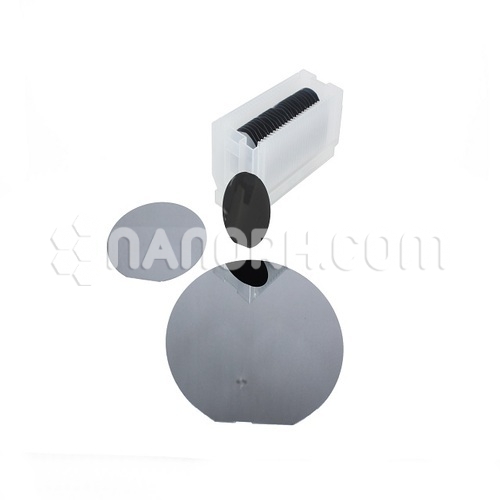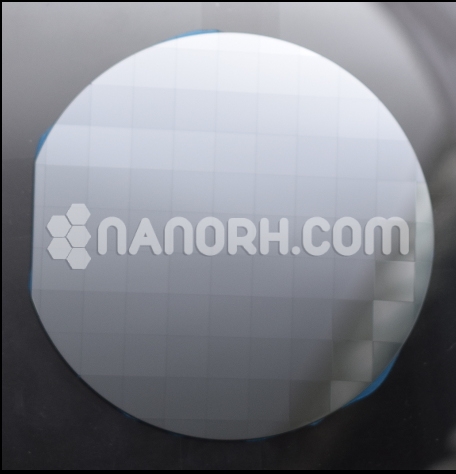| CVD Graphene on Silicon Wafer | |
| Product No | NRE-44006 |
| Type | P-Doped |
| Crystal method | CZ |
| Purity | > 99.9% |
| Thickness | 525 +/- 20 μm |
| Hall Electron Mobility on SiO2/Si | 4000 cm2/Vs |
| Doping | Boron |
| Resistivity | <0.005 Ω·cm |
| Orientation | <100> |
| Sheet Resistance | 450±40 Ω/sq (1cm x1cm) |
CVD Graphene on Silicon Wafer
Introduction:
CVD graphene on silicon wafer chemical Vapor Deposition (CVD) graphene is a method for producing high-quality graphene sheets on silicon wafers. This technique involves the thermal decomposition of carbon-containing gases (like methane) in a controlled environment, resulting in the formation of a graphene layer on the substrate. CVD graphene is prized for its exceptional electrical, thermal, and mechanical properties, making it a valuable material for various advanced applications in electronics and materials science.
Properties
High Electrical Conductivity: CVD graphene exhibits excellent electron mobility, making it suitable for high-speed electronic devices.
Thermal Conductivity: It has outstanding thermal properties, allowing for efficient heat dissipation in electronic applications.
Mechanical Strength: Graphene is known for its remarkable tensile strength and flexibility, which can enhance the durability of devices.
Transparency: CVD graphene is nearly transparent, making it suitable for optoelectronic applications, such as touch screens and displays.
Applications
Transistors: Used in the fabrication of high-performance field-effect transistors (FETs), leveraging graphene’s superior electrical properties.
Flexible Electronics: CVD graphene can be incorporated into flexible electronic devices, including wearable technology and bendable displays.
Sensors: Utilized in gas and biosensors due to its high surface area and sensitivity to changes in the environment.
Solar Cells: Integrated into photovoltaic devices to improve charge carrier mobility and enhance efficiency.
Supercapacitors and Batteries: Used in energy storage devices, where graphene’s high surface area and conductivity can lead to improved performance.
Composites: Employed in advanced composite materials to enhance mechanical properties and conductivity.




